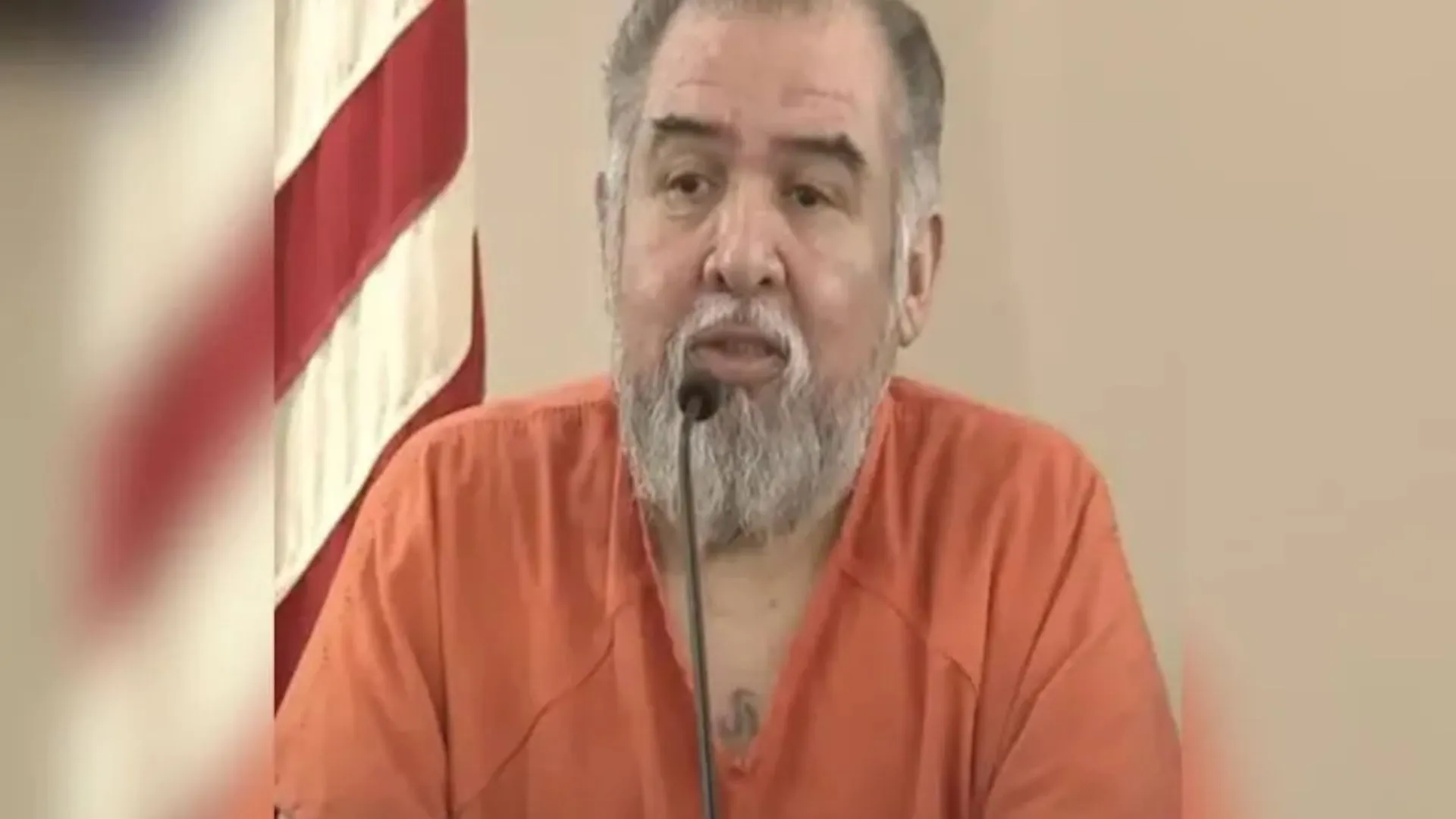In a terrible instance of domestic abuse in Texas that culminated in a gruesome murder, Martin G., 66, was sentenced to 45 years in prison for the murder of his 66-year-old ex-wife, Teresa G. This terrible tragedy occurred in 2023, highlighting the serious consequences of domestic violence in intimate relationships.
Martin was charged with murder after confessing to stabbing his ex-wife approximately 100 times in a violent outburst while believing she was cheating on him. Teresa’s revelation that she wanted to move on with her life and planned to leave the house they still shared owing to financial issues, despite being divorced for several years, is said to have sparked the attack. The event occurred in their house, where Teresa was discovered dead by first responders with several stab wounds.
The crime was premeditated, as proven by Martin’s 911 call, in which he chillingly admitted to killing his wife with a knife after the altercation. According to the arrest report, Martin attempted to harm himself after the murder by slashing his wrist before police arrived. He was later treated at a nearby hospital before being brought into custody.
During the sentencing hearing, Teresa’s death had a noticeable impact on her family. Her boys gave victim impact statements, describing their mother as a caring person who had suffered years of domestic abuse. They emphasized Martin’s possessive conduct, reporting him as saying, “If I can’t have her, nobody can.” These statements portrayed a bleak picture of Teresa’s attempts to leave an abusive relationship, which is all too prevalent in cases of domestic abuse. Martin entered into a plea arrangement with the District Attorney’s Office, pledging no contest to murder. Judge R. Rangel presided over the case, crediting Martin with 454 days already served but ultimately sentencing him to a lengthy prison term. This plea was accepted on the condition of a maximum sentence of 45 years.
The authorities stated that financial concerns had first kept the divorced couple living together, which sadly did not shield Teresa from abuse. Martin expressed sorrow on the stand, claiming he loved Teresa sincerely and regretted his conduct, saying, “I loved her very much.” She was the only person I loved. I’m terribly sorry for what I did, but I loved her. However, his remark contrasted dramatically with the brutal nature of his crime, emphasizing the complicated dynamics that are common in abusive relationships. The case also underlines the significance of taking allegations and indicators of domestic abuse seriously. Teresa’s sons asked those who are aware of domestic abuse to pay closer attention to victims, citing their knowledge of Martin’s aggressive nature over decades.
The judicial outcome of this case provides some justice to Teresa’s mourning family, but it also highlights the devastation caused by domestic abuse. The community and local authorities hope that this case serves as a stark reminder of the dangers of such violence and the need for improved safeguards for prospective victims. This horrific act not only claimed a life but also broke a family, forcing a community to deal with the fallout from a preventable catastrophe. As Martin begins his lengthy term, the broader discussion about how to best intervene and provide support in domestic violence situations continues, with the goal of preventing similar extreme consequences in the future.

